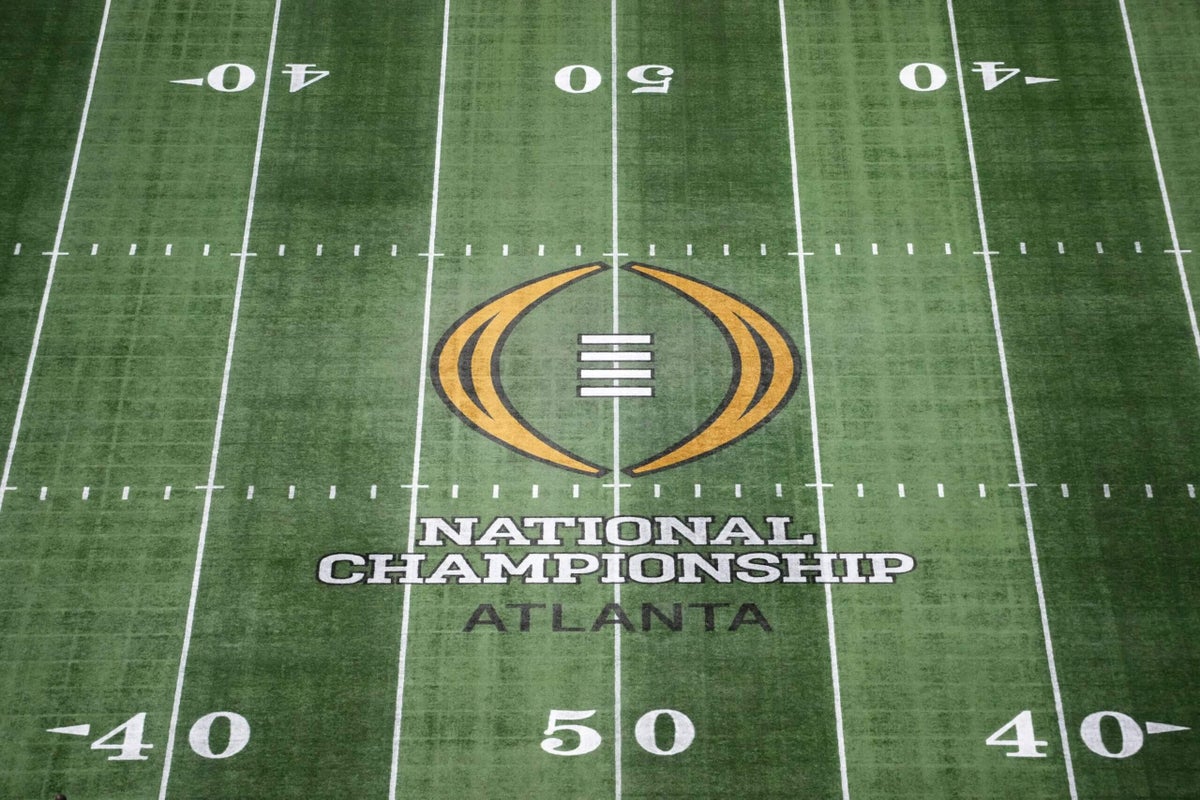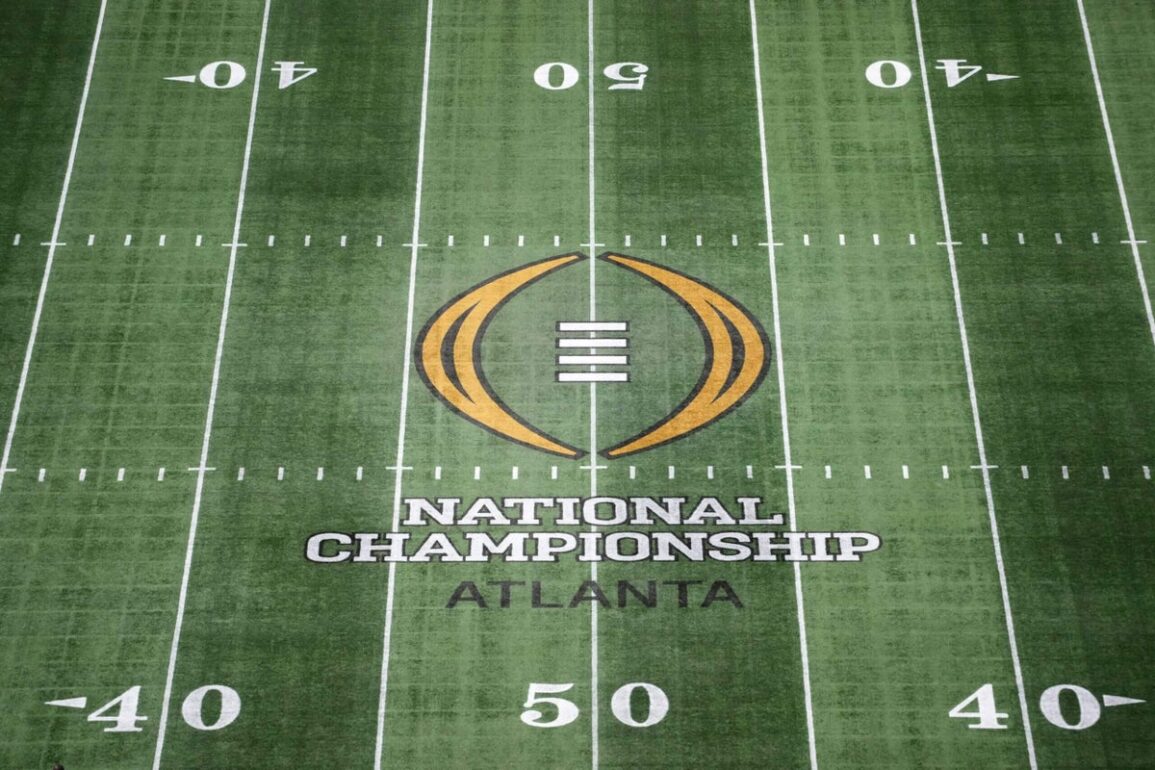
The fourth in-person College Football Playoff meeting of 2025 ended with a familiar result: No decisions on the three biggest issues, creating more pressure to meet an unofficial and perhaps wishful summer deadline on any format changes.
Those three biggest topics included a potential seeding change for 2025 (which would require unanimity), possible expansion and format changes for 2026 (which the Big Ten and SEC have control over) and basic governance contracts.
Advertisement
“We’re discussing the format in its entirety,” CFP executive director Rich Clark said. “We don’t want to take it in isolation, because whatever we do (for 2025) is going to have an impact on ’26 and beyond.”
Over three days in suburban Dallas, the annual CFP review meetings included presentations and conversations with CFP bowl executives, ESPN executives and athletic directors of some CFP teams to go over the logistics of the first 12-team CFP. The Rose Bowl agreed to move its start time back one hour for this upcoming season.
Wednesday’s meeting was upended when Judge Claudia Wilken dropped a bombshell order in the House v. NCAA settlement, threatening to deny the revenue-sharing settlement if roster limits aren’t phased in. Shortly after the order, commissioners left the CFP meeting to get on calls with the attorneys and board chairs about the next steps. Those calls continued into Thursday and impacted availability for CFP talks.
A decision on the 2025 seeding format is needed sooner rather than later. If the CFP management committee (the 10 FBS athletic directors and Notre Dame’s athletic director) can’t unanimously agree on a change, the 2025 seeding would be the same as 2024. Big Ten commissioner Tony Petitti and SEC commissioner Greg Sankey have pushed for a straight-seeding model to seed the 12 CFP teams by order of their ranking, still giving automatic spots to the five highest-ranked conference champions, but removing the automatic byes for the top four.
To keep those champions financially whole, a $4 million financial bonus could go to the four highest champs, which is the amount of money they would have received for getting a first-round bye. Teams ranked No. 1 through No. 4 would get the first-round byes.
A decision on the 2026 format isn’t technically needed until December, but everyone involved wants to get it all done by the summer before the 2025 season kicks off, according to people briefed on the process. Clark would not say if there’s a definitive date for any of it.
Advertisement
The Big Ten and SEC have the power to essentially make the 2026 format whatever they want. Petitti has pushed for a 4-4-2-2-1-1 format in a 14-team model, which would provide for automatic bids each for the Big Ten and SEC, two for the ACC and Big 12, one for the Group of 5 and an at-large spot that could go to Notre Dame at a threshold. But everyone outside the Big Ten and SEC continues to push back. Forcing such a model through risks inviting antitrust complaints, political blowback, legal action from state attorneys general and possible pushback from ESPN.
Any additional games need to fit into what is already a tight first-round window. The NFL expressed its displeasure at the CFP holding first-round games on what is legally the NFL’s first available Saturday of the season in December. Clark went to New York to visit with NFL officials and said Thursday that both entities have to “de-conflict,” but do what’s best for both of them.
The third major topic discussed this week was governance, including longform agreements over revenue-sharing and voting power, both of which will weigh heavily toward the Big Ten and SEC based on agreements signed last year. The longform agreement on the CFP’s ESPN contract from 2026 to 2031 also has not been completed.
The CFP management committee spent Thursday’s meeting in a new location: the same Gaylord Texan room where the CFP selection committee ranks teams. Several commissioners had never gone through a mock committee run before, so the exercise was meant to give them a better look at the process. Multiple commissioners criticized the selection committee last season, and the goal of the exercise was to provide some more context.
“They got to see the depth the committee members go to to get the right answers,” Clark said. “They also gave us some feedback to help us think through how we could potentially improve the committee.”
What that feedback was, Clark did not say.
(Photo: Kirby Lee / Imagn Images)
This post was originally published on this site be sure to check out more of their content.






